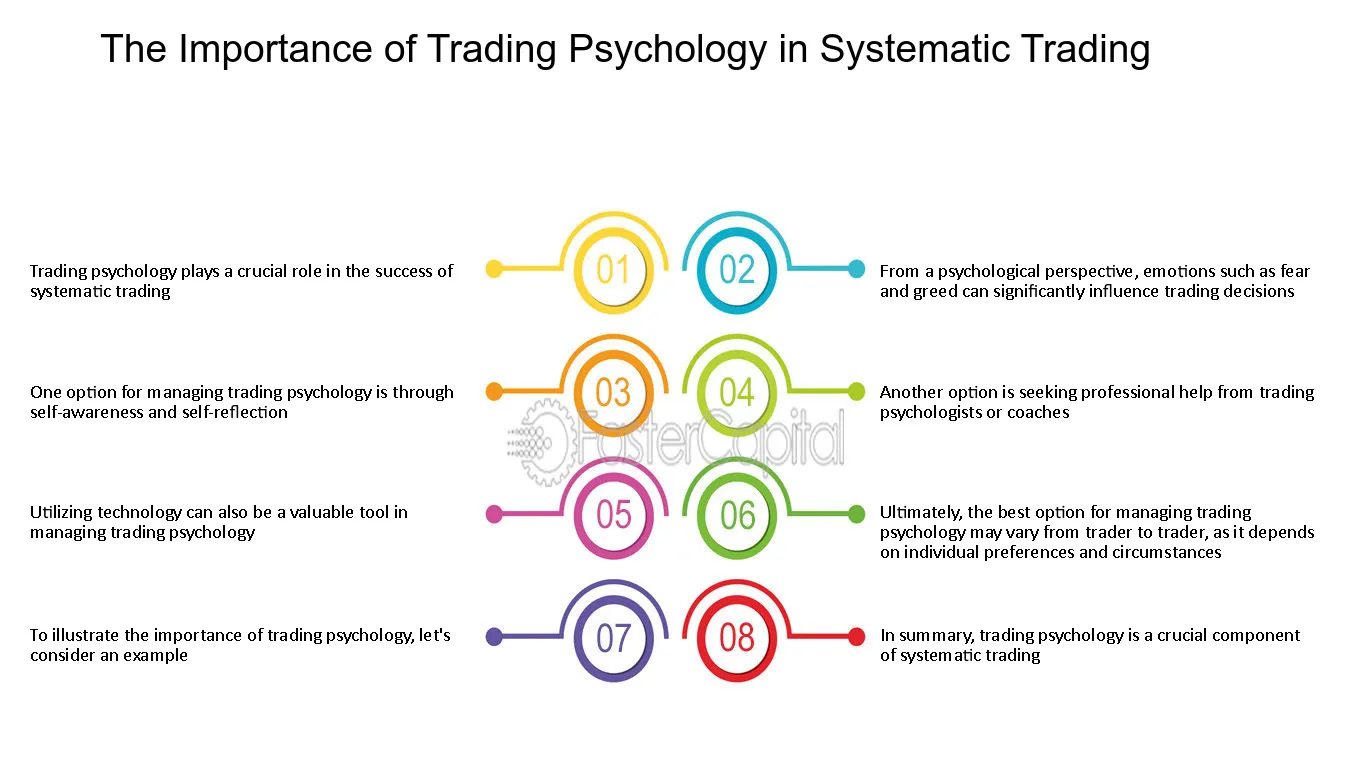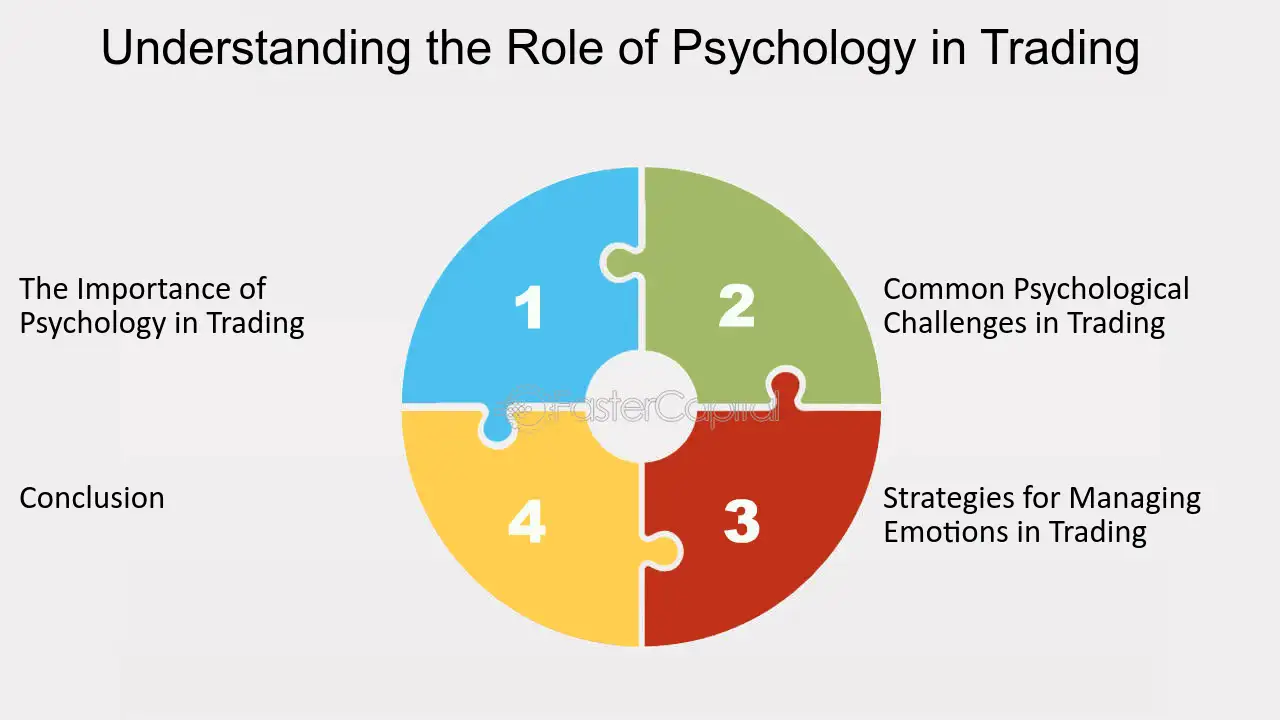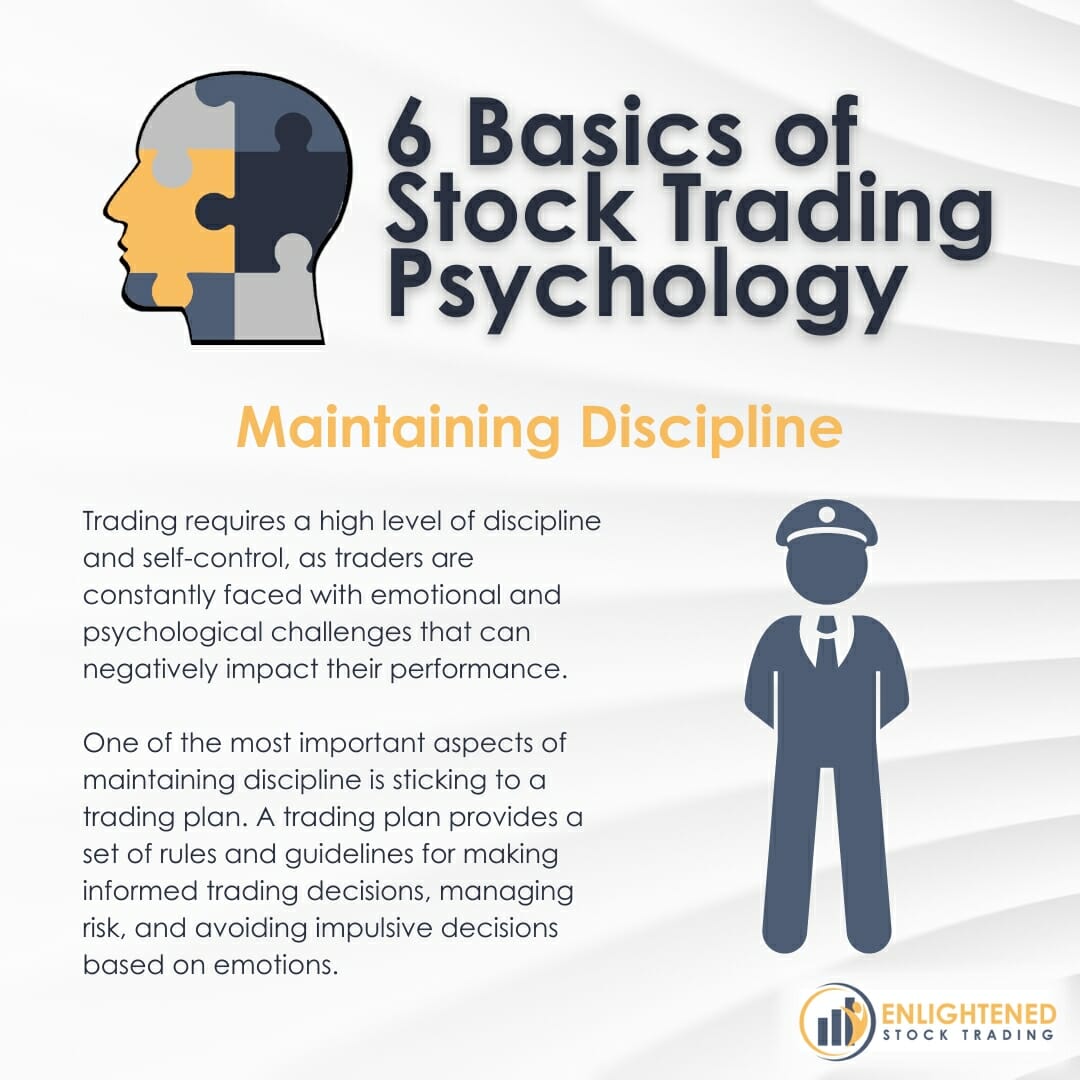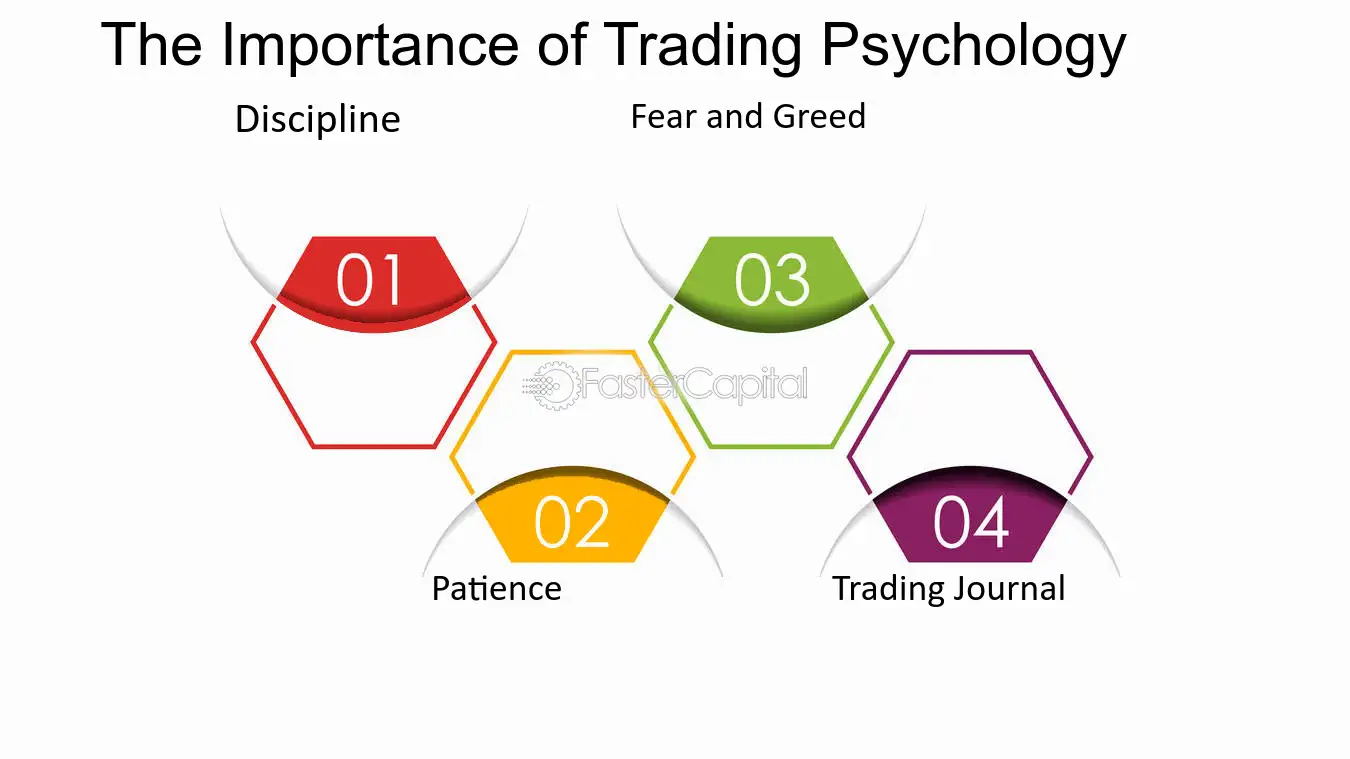Let me be real with you— mastering trading psychology changed everything for me. I used to think success in Forex was all about strategy, indicators, and entry signals. But time after time, I’d blow up my profits not because of a bad plan, but because I couldn’t control my emotions. Sound familiar?
Most traders lose not from lack of skill but from poor mental habits. Fear, greed, revenge trading—these are the real killers. And the kicker? They sneak in quietly when you least expect it.
So how do we win this battle inside our heads? Through trading psychology. By learning how to think like a professional, we give ourselves a real chance at consistent profits and emotional stability.
- What trading psychology actually means (without the fluff)
- The emotional traps every trader falls into—and how I climbed out
- Simple ways to build discipline and stop sabotaging your own trades
- Why mindset is the ultimate edge, even over technicals
Stick with me, because this isn’t theory. I’m sharing what worked for me, what the best traders swear by, and how you can use it to shift your mindset for good.
What Is Trading Psychology?
I didn’t even know what “trading psychology” was when I started. All I cared about was finding the perfect setup. Turns out, psychology was the missing link that made all my strategies finally work.
Trading psychology is about how your emotions, mindset, and habits affect your trading decisions. You can have the best tools on your chart—but if you panic, get greedy, or ignore your rules, none of it matters.
Think of it like this: strategy gets you into the game. Psychology keeps you in it.
Here’s why it’s a big deal:
- Emotions like fear and greed can cloud your logic, causing you to close winners too early or hold losers too long.
- Without discipline, you start chasing trades, skipping setups, or risking too much on a whim.
- Long-term success isn’t about “winning big” once. It’s about trading your edge over and over without letting feelings derail you.

Common Psychological Pitfalls Traders Face
Before I learned how to handle my emotions, I lived in a cycle of big wins followed by even bigger losses. Let’s talk about the traps I (and probably you) fall into.
Fear-Based Mistakes
I’ve cut trades early so many times just because I was afraid to lose my gains. Fear makes you second-guess solid plans. You hesitate, you delay, and before you know it, you’ve missed the setup or botched the exit.
Watch for these signs:
- Closing winners too soon
- Refusing to take a trade that meets your criteria
- Panicking when price pulls back slightly
The fix? Remind yourself that every trade has risk. Accept that, and you stop being paralyzed by it.
Greed-Driven Behaviors
After a few winning trades, I used to get cocky. I’d increase my lot size, break my rules, and chase setups. That “I can’t lose” feeling? It’s pure greed in disguise.
What helped me was reframing trading as a process, not a jackpot. If you’re risking more after every win, that’s not confidence—it’s emotional overreach.
Revenge Trading
I’ll never forget the time I lost a big trade, then tried to win it back by doubling my next position size. Predictably, I lost even more. That was my wake-up call.
Revenge trading is driven by frustration. You feel wronged by the market, so you try to “get it back.” But the market doesn’t care. Only your discipline can save you.

The Psychology of Discipline and Consistency
This is where everything changed for me. When I stopped focusing on outcomes and started focusing on process, my trading became stable.
Discipline means showing up, following your plan, and not giving in to impulses. Consistency is what gets you compounding results over time.
Using a Trading Journal
Journaling was a game-changer for me. I started writing down not just trades but also how I felt. Over time, I saw patterns—like how I traded worse when I was tired or stressed.
Here’s what I track:
- My setup and entry/exit plan
- My emotional state before and after the trade
- What I did right or wrong (with no blame)

Managing Drawdowns
Drawdowns used to rattle me. I’d question everything. But when I understood they’re part of the game, I stopped letting them define me.
To survive them, I keep my risk low and my head calm. I treat losses as feedback, not personal failures.
Developing a Winning Trader Mindset
All the best traders I know have one thing in common: patience. They wait for quality. They stay calm in storms. They think long-term.
Here’s a table I made that compares how losing vs. winning traders think:
| Mindset Trait | Losing Trader | Winning Trader |
|---|---|---|
| Time Horizon | Wants fast profits now | Plays the long game |
| Risk View | Sees risk as scary | Sees risk as normal |
| Handling Losses | Takes it personally | Treats it as data |
| Decision Making | Emotional, reactive | Calm, rule-based |

Coming up next, I’ll break down the daily practices you can use to strengthen your psychology and stay sharp during market chaos. And don’t worry—we’ll also dive into those popular questions I get from other traders like you.
Daily Practices to Strengthen Your Trading Psychology
It’s not about doing something once. Trading psychology is built day by day. I’ve tried it all—meditation, mindset books, even journaling emotions in the middle of a trade. Some worked, some didn’t. What helped me most? Building small, daily habits that make emotional balance automatic.
Start With Pre-Market Prep
I never enter the market without checking in with myself first. How do I feel today? Am I calm, tired, frustrated? If I’m off, I trade less—or not at all. Pre-market prep also includes reviewing my trade plan and potential setups.
Use Affirmations (Yes, Really)
Sounds cheesy, right? But repeating things like “I only take A+ setups” or “The next trade doesn’t need to make up for the last one” helped rewire how I think. Over time, these mantras became my mental armor.
Set Loss Limits in Advance
I learned the hard way that waiting to set limits after you’re emotional is a disaster. Now, I set my daily loss limit before I even open my platform. If I hit it, I walk away. That boundary protects my mental space—and my account.
FAQ: Real Questions from Real Traders
What is trading psychology?
Trading psychology is your mindset, emotions, and habits while making trading decisions. It affects everything from risk management to execution. Even the best strategies won’t work without a strong psychological foundation.
How do emotions affect forex traders?
Emotions like fear can make you close trades too early. Greed might push you to overtrade. Anger can lead to revenge trading. Recognizing and managing these emotions is key to staying consistent and protecting your capital.
What’s the best way to stay disciplined in trading?
For me, it was journaling, having a set routine, and pre-committing to rules like maximum losses or walkaway points. Discipline doesn’t come naturally—it’s something you build with repetition and structure.
Can mindset alone make you a profitable trader?
Mindset won’t replace skill or a strategy—but without it, even the best setups fail. Your mindset is the difference between following your plan or blowing it up after one bad trade.
Recap of Key Points
So here’s the real talk. Strategies matter. Risk management matters. But your mind is the one constant in every trade. When I started focusing on emotional control, discipline, and mindset, my results stabilized. I wasn’t just trading better—I was thinking better.
We explored what trading psychology is, the mental traps that hold us back, and how to build a mindset that supports long-term success. We also looked at daily practices, emotional journaling, and how discipline turns chaos into calm.
Final Takeaway
If you only take one thing from this, let it be this: your mindset is your biggest edge. Not your indicator. Not your setup. Your ability to stay calm, follow your plan, and think long-term is what will set you apart from the 90% who give up.
Closing Thought
You don’t need to be a genius or have a magic strategy. You just need control. Emotional mastery is a skill—just like reading a chart. And the best time to work on it? Right now.
If this resonated with you, check out this trading psychology resource or dive into Jesse Livermore’s story for more inspiration. I promise—it’s worth it.
